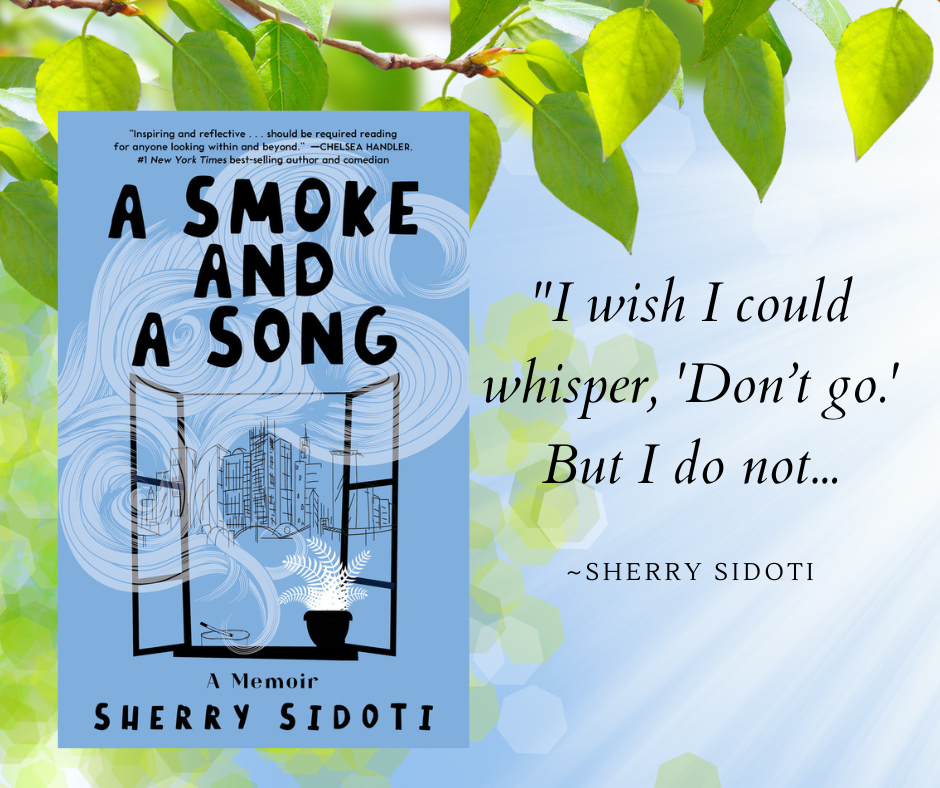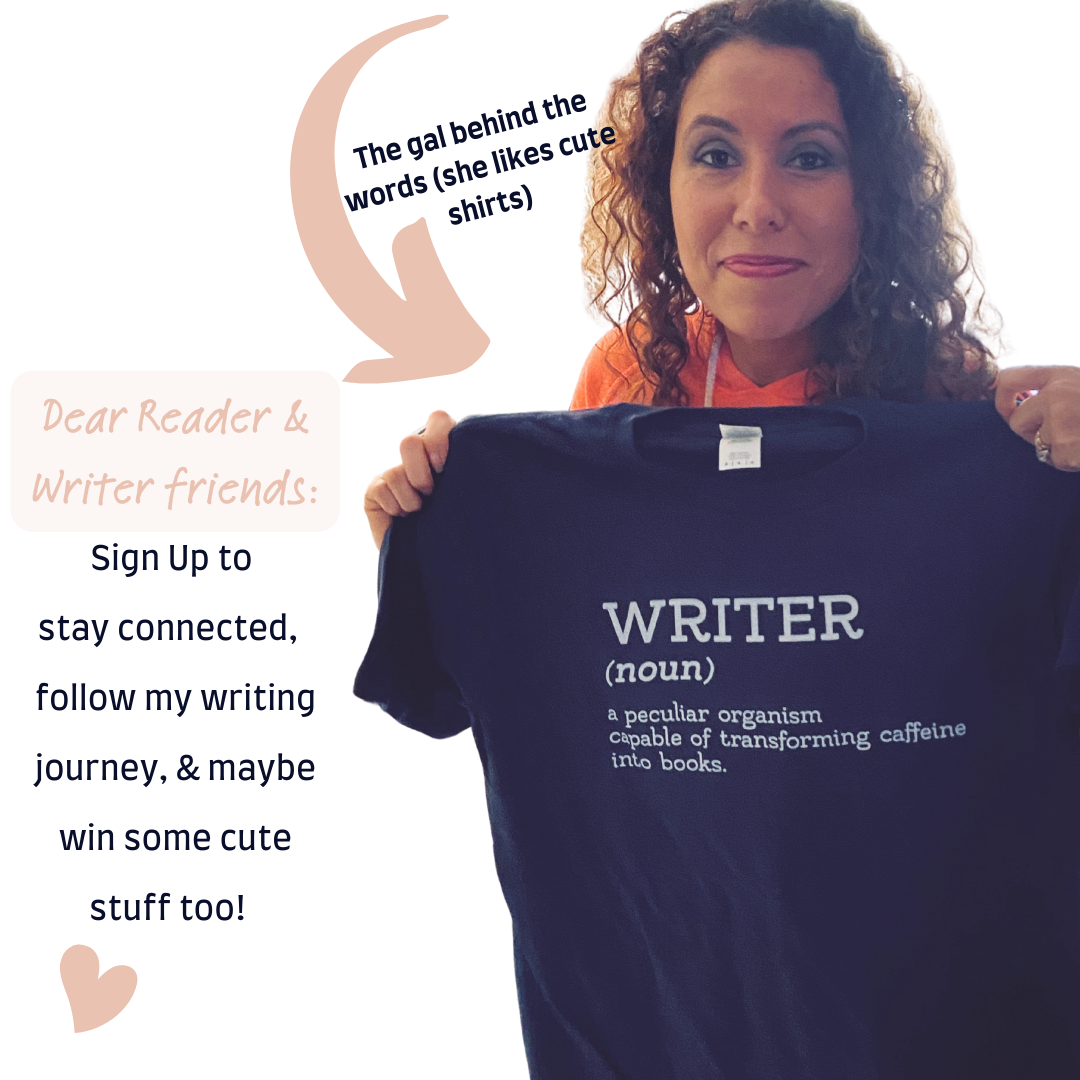Recovery From Toxic Relationships
The journey through recovery from toxic relationships begins with tools, support and your personal commitment to healing. It’s not an easy journey, especially for those dealing with depression or other mental health issues. My own toxic relationships left me with lasting scars. But upon releasing my second memoir Nobody’s Daughter: A Memoir of Healing the Mother Wound, I was invited to do several interviews. These discussions helped me think about how the writing process changed me, and what I hoped readers would take away. You’ll find links to a few of these interviews below. But first I’ll explain the steps I took (and am still taking) to find peace as I navigated the path.
I recognized the signs of a toxic relationship
The first step to recovery from toxic relationships is recognizing the signs. These can include constant criticism, manipulation, gaslighting, and emotional, (or in some cases), physical abuse. It’s important to understand that toxic relationships can take many forms. The truth of the toxicity may not always be obvious. Emotional abuse in particular is hard to spot because we bear no physical bruises. But when our instincts whisper hints to our hearts, it is essential to accept the truth. We should seek support if we feel something isn’t right in the relationship.
I practiced self-care and self-love
A vital key to healing from toxic relationships is practicing self-care and self-love. This means taking time for yourself, doing things that make you happy, and prioritizing your own needs. It can also mean setting boundaries with others and learning to say no when you need to.
During my childhood, my mother refused to acknowledge the sexual assault I’d endured at the hands of her husband. Her ambivalence led to my mother wound, and many manifestations of coping behaviors. My recovery from our toxic relationship did not truly begin until I broke free from my pattern of protecting her feelings above my own. Healing meant letting go of my expectations and exploring the root causes of our unhealthy mother-daughter relationship. I allowed myself to finally process the pain without guilt of disappointing her, or fear of appearing cruel or disrespectful for playing the “blame game.” Taking care of myself was essential to my overall well-being.
I focused on personal growth & recovery from my toxic relationship
Recovery from a toxic relationship means focusing on personal growth and building healthy new habits. For me, this involved therapy, self-reflection, and telling my story to claim the narrative and make sense of the trauma I’d experienced. Doing so was difficult but self-validating. Writing gave me the tools to bolster my wounded heart and be the advocate I’d needed throughout my childhood. The writing took place after my second marriage, as I settled into the changes and discovered a new path to the happiness I desired and deserved. But healing is a lifelong pursuit and daily commitment, and I still struggle with old feelings that resurface from time to time. My therapist calls this residual trauma. In those moments, I find ways to be uplifted and encouraged. I turn pain into power and am able to move forward once more.
I used writing to guide me through trauma recovery
In the following online interviews, I explain how writing was my essential tool for finding meaning in the chaos, and freedom from toxic, co-dependent relationships.
Literary Titan: Stories Help Us Find Meaning
Swenson Book Development: Reflection Through Writing
Get the Book!
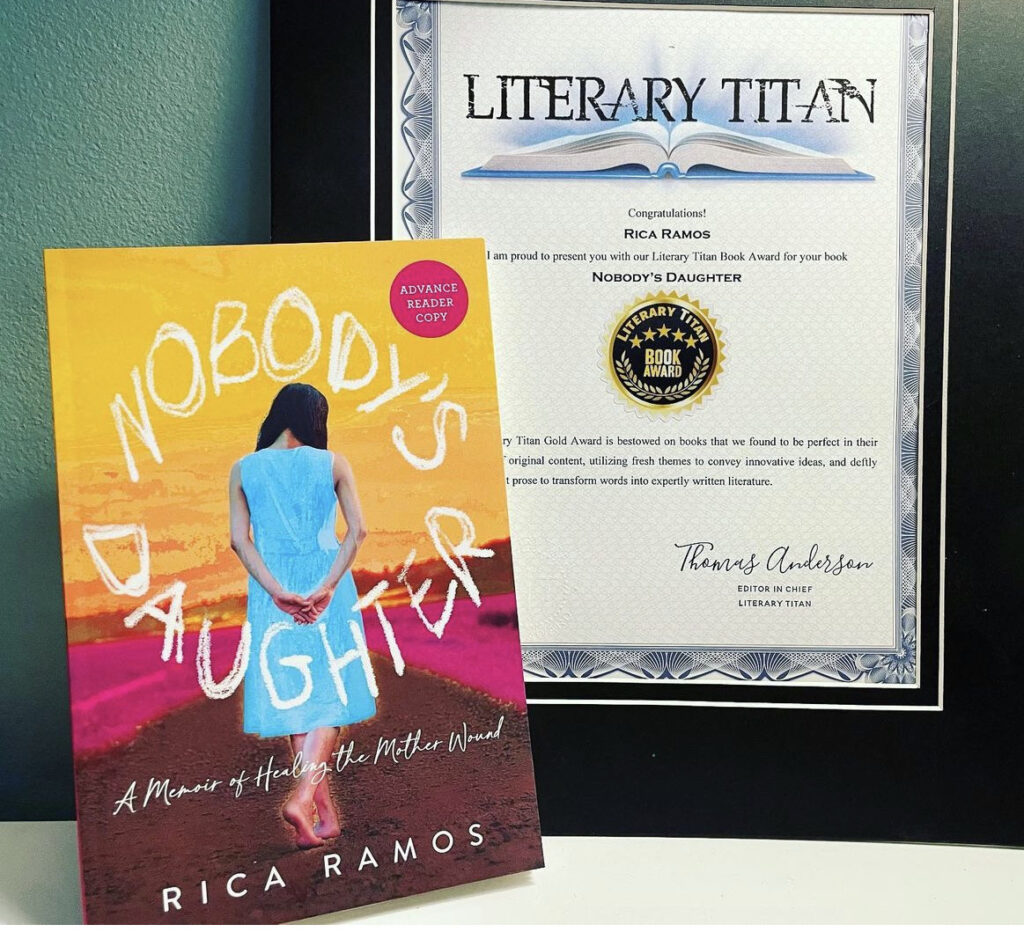
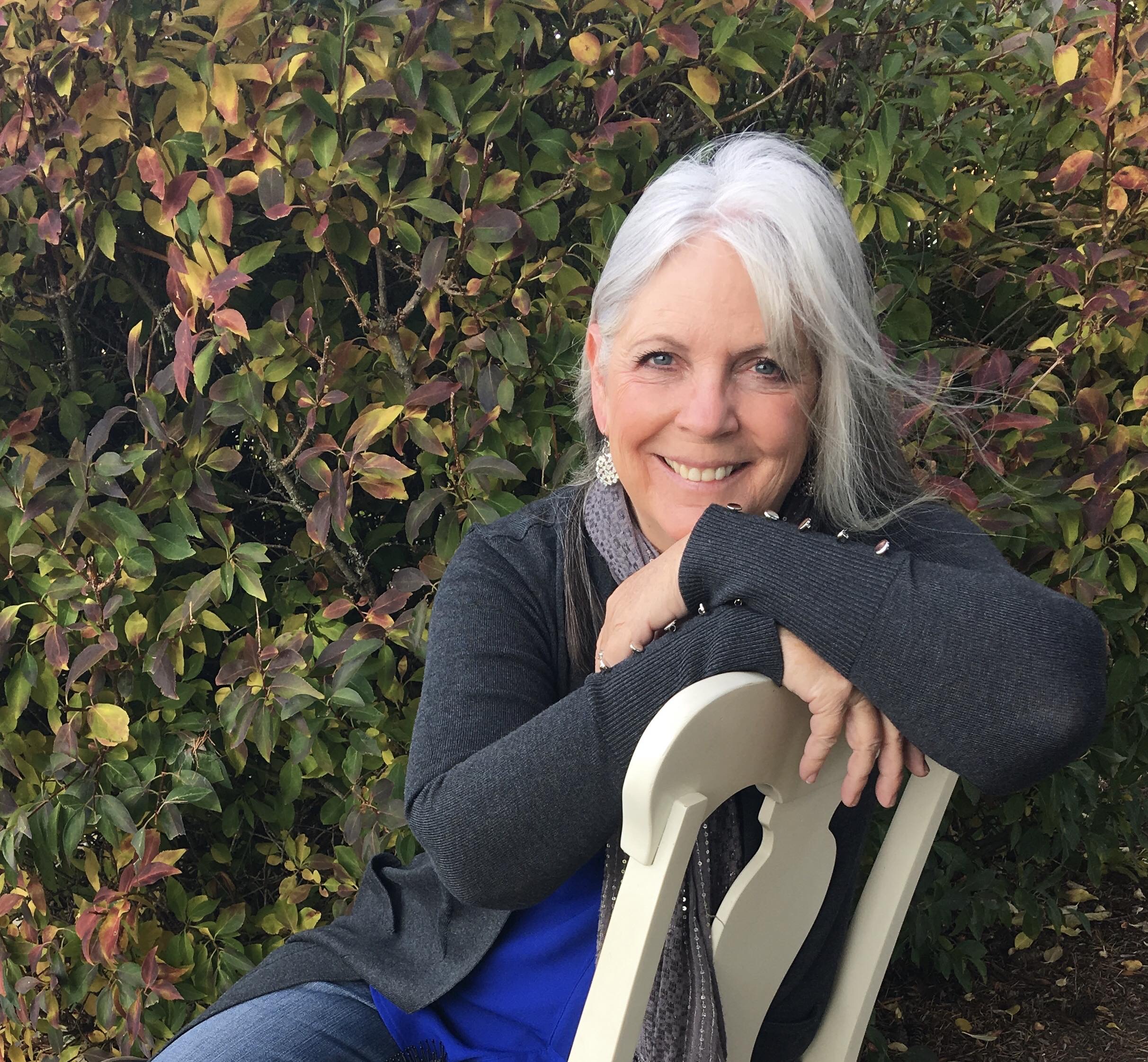
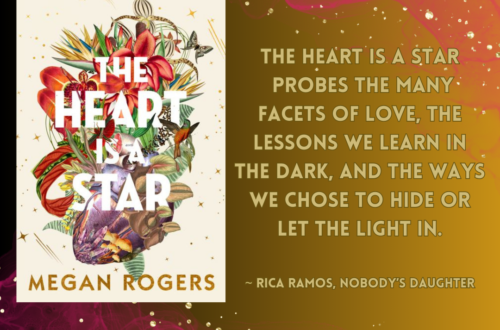
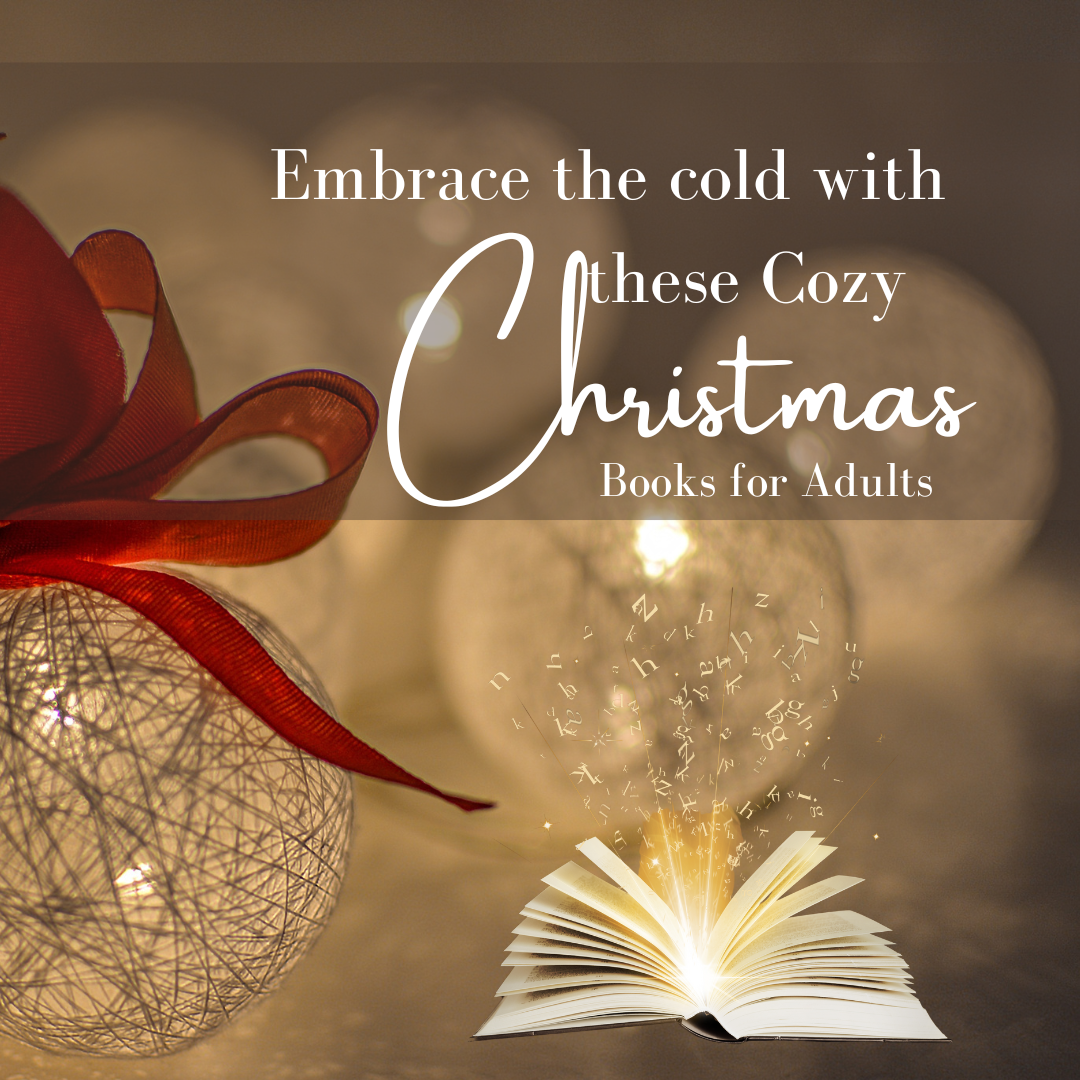

 Embrace the Cold: Get Cozy with These Christmas Books for Adults
Embrace the Cold: Get Cozy with These Christmas Books for Adults 
